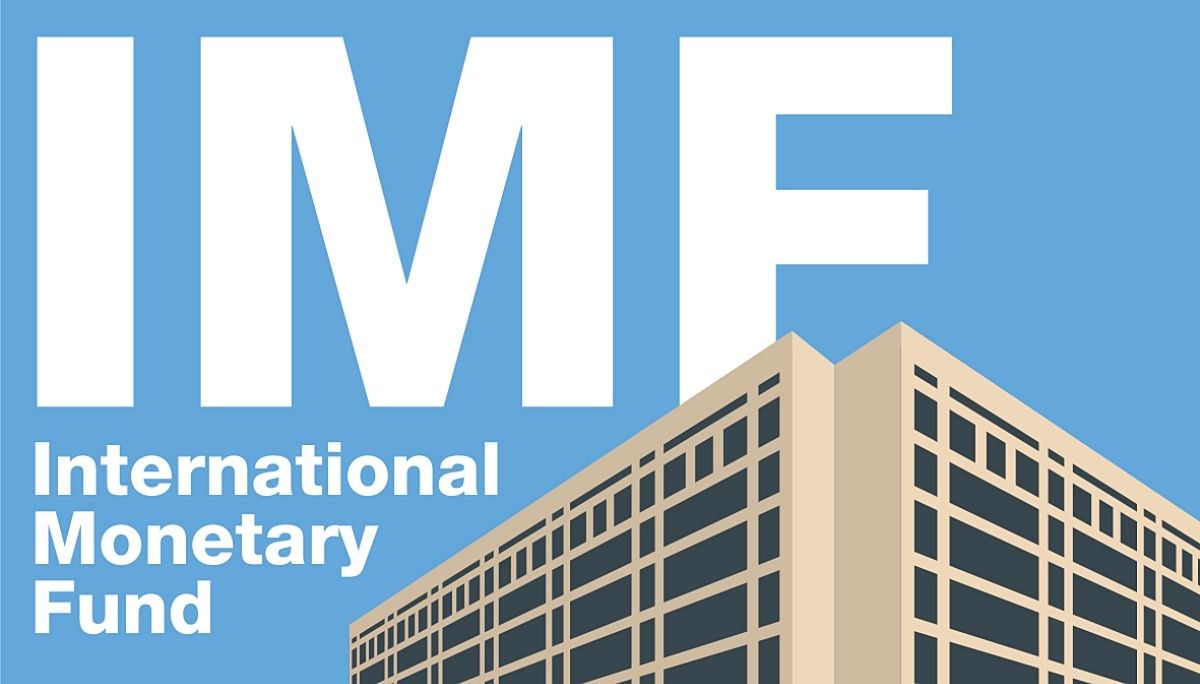The upcoming budget for the 2023-24 fiscal year in Pakistan is expected to strike a delicate balance between meeting International Monetary Fund (IMF) requirements and appealing to voters ahead of the imminent general election, according to analysts. With Pakistan’s IMF program set to expire this month and $2.5 billion in funds yet to be released, the government is facing challenges in reaching an agreement with the lender amidst soaring inflation, fiscal imbalances, and dwindling reserves.
The government, mindful of the general election scheduled for November, hopes to alleviate the turmoil arising from a protest campaign led by former premier Imran Khan, who was ousted in a no-confidence vote last year. To achieve this, the government aims to secure IMF funding, which would limit the possibility of an expansionary budget.
Former finance minister Miftah Ismail stressed the importance of obtaining IMF support, asserting that it would be exceedingly difficult for Pakistan to survive the next fiscal year without it. Ismail anticipates that the government will present a budget that largely aligns with IMF prescriptions.
Although a staff-level agreement with the IMF to release $1.1 billion from a $6.5 billion package has been delayed since November, these funds are critical to prevent a balance of payments crisis. Many analysts believe that even after the current program expires, Pakistan will need to seek a bailout in the upcoming fiscal year to avoid defaulting on its debt obligations. The country’s central bank reserves currently cover imports for only about a month.
In May, Pakistan experienced a record-breaking inflation rate of 37.97%, marking the second consecutive month of surging prices and the highest rate in South Asia. Despite this challenging economic backdrop, the planning minister announced that the budget targets for development spending in the new fiscal year would amount to 1,150 billion rupees ($4.02 billion) while projecting an inflation rate of 21% for the year.
As the general election looms, some analysts predict that the government will announce measures designed to win votes, even if these promises may need to be scaled back later. These measures could include pay raises for government employees and packages for the agriculture sector. However, analysts expect the burden to fall on an already narrow tax base, with limited efforts to broaden it. Certain sectors may face additional taxes, such as the potential re-implementation of a “super tax” of 10% on over 15 sectors, despite the government previously stating it was a one-off payment.
Last year, the government’s budget plans for the 2022/23 fiscal year had to be adjusted due to IMF discontent, leading to a revised total expenditure target of 9.5 trillion rupees. Analysts predict a similar scenario this year, with populist pre-election measures expected to be temporary, given the anticipated need for further IMF assistance in the subsequent quarter.


